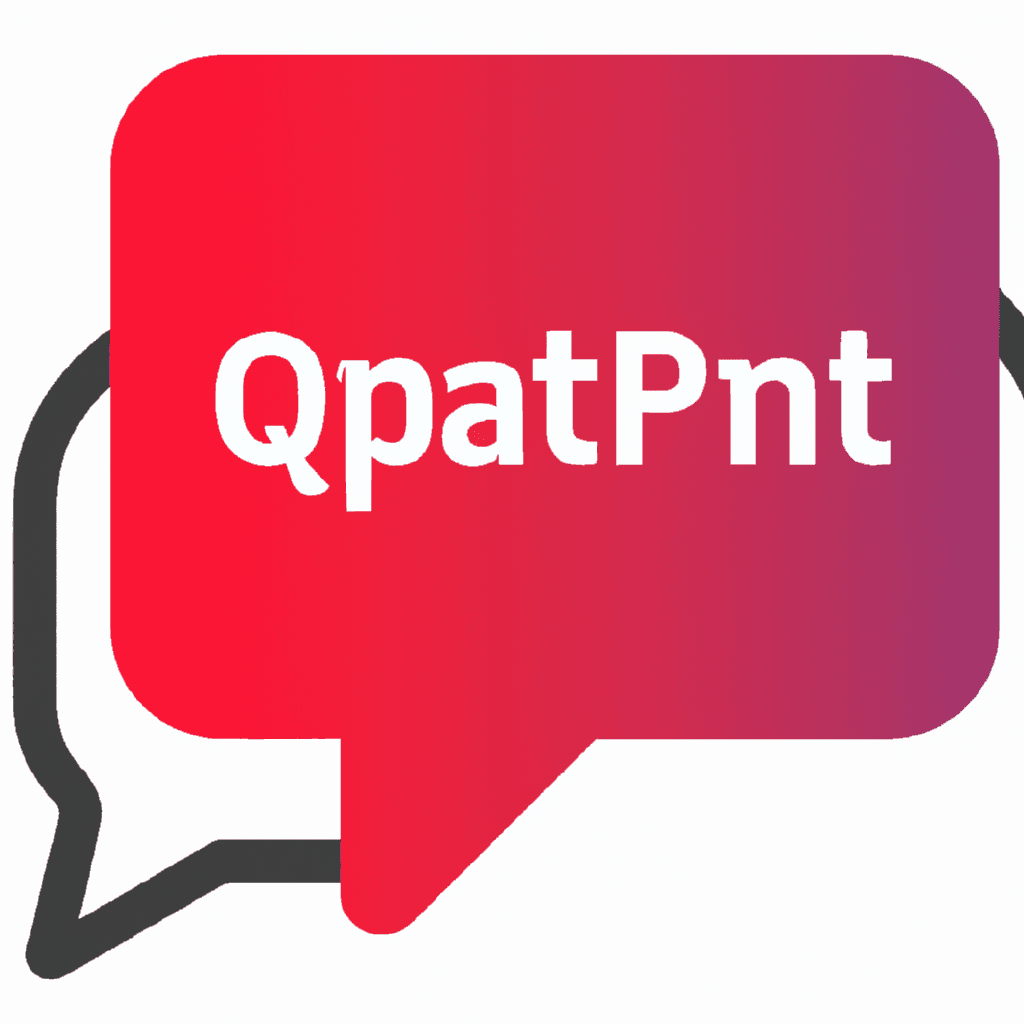Understanding the OpenAI ChatGPT Outage: Causes and Impacts
A Deep Dive into the Recent Service Disruption and What It Means for Users

On October 12, 2023, users of OpenAI's ChatGPT experienced an unexpected outage that disrupted access to the platform for several hours. This incident triggered a wave of discussions across social media and technology forums about the causes, implications, and future of AI-driven services.
The outage began around 9 AM UTC, leaving users unable to access the chat service or generate responses via the API. Reports on platforms like Twitter and Reddit highlighted frustrations from developers who rely on ChatGPT for building applications, as well as from end-users who use the tool for various tasks ranging from business inquiries to personal assistance.
In the aftermath of the incident, OpenAI released a brief statement acknowledging the outage and reassured users that they were investigating the root cause. The team worked diligently to address the issues, and by 3 PM UTC, services were restored, sparking relief among users worldwide.
So, what caused this interruption? Although specific details have not been fully disclosed, initial reports suggest that it may have been linked to a server overload that was unable to handle the volume of requests. As the popularity of AI tools continues to grow, such technical challenges are not uncommon. Companies like OpenAI are under constant pressure to scale their infrastructure to accommodate increasing utilization, which can lead to vulnerabilities.
The impact of such outages stretches beyond mere inconvenience; it raises questions about reliability, trust, and contingency planning in AI services. Businesses that integrate ChatGPT into their operations depend on its availability for smooth functioning, and any downtime can have financial repercussions. Moreover, it presents a reminder of the need for users to have backup solutions or alternate methods to achieve their tasks.
As we process the effects of the recent ChatGPT outage, it serves as a crucial lesson for both providers and users of technology. Continuous improvement in infrastructure, real-time communication about service status, and transparent user support are vital in maintaining user trust. OpenAI's commitment to enhancing the reliability of ChatGPT will likely be scrutinized moving forward, as the demand for AI capabilities shows no sign of slowing.
In conclusion, while outages can occur in any technology platform, how companies respond to such challenges defines their resilience and commitment to users. As OpenAI strives to optimize their services and reinforce their infrastructure, users will undoubtedly hope for a smoother experience in the future.